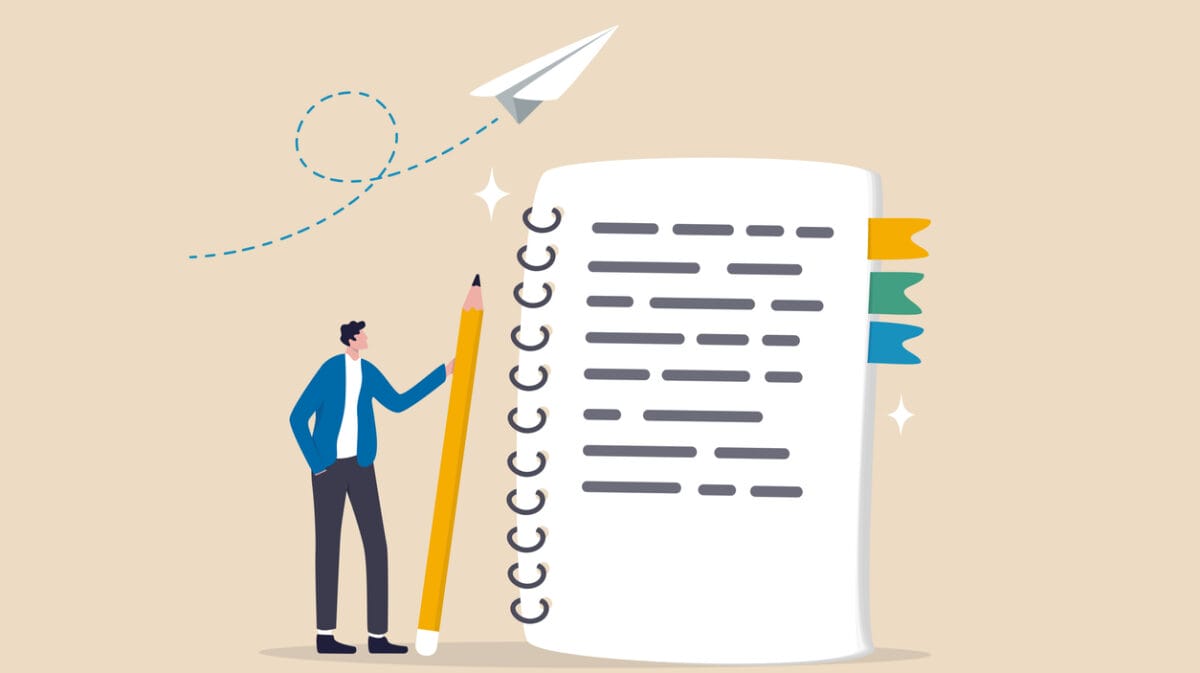What is an Advanced Directive?
Why they are important, and why should everyone (young or old, healthy or sick) have one?

Making decisions about your health can seem like a daunting task, LifeSource Donation Liaison, Mark Ellingson (retired) helps demystify Advanced Directives and explains what they are, why they are important to have, and who should have them.
The Advanced Directive
In the event of a sudden injury or illness, you may not be able to communicate your decisions and preferences regarding your health and care strategies, which is where an Advanced Directive becomes important. Generally speaking, an Advanced Directive is a legal document that a person creates to inform healthcare professionals and their designated health care agent(s) about relevant medical matters and end of life decisions, in the event that person cannot make their own decisions.
An Advanced Directive, in a way, is a gift to your family. It provides guidance for making healthcare decisions for you and gives loved ones some confidence about what you want for yourself if you are too ill or injured to advocate or even speak for yourself.
What goes into an Advanced Directive, what information should it have?
The most crucial aspects to include in your Advanced Directive are the following:
- Your healthcare agents and their order
- For example: partner, oldest child, best friend, etc.
- Your healthcare goals and priorities
- For example: to have a certain quality of life, to be as pain free as possible, to not be needlessly kept alive
- Be mindful of blanket statements like, “I don’t want to be kept alive on machines”, because technically speaking, an IV can be considered a machine. Specificity can be very helpful!
- Your religious beliefs and wishes, if you desire
It is also crucial to make sure to talk through your Advanced Directive and decisions with your family or loved ones, so they aren’t caught by surprise in the event that using your Advanced Directive becomes necessary.
Who should have an Advanced Directive?
Everyone should have an Advanced Directive! It can seem unsettling or daunting to have to talk about this topic, but it is a very helpful document to have should you experience a major injury or illness. Young or old, healthy or sick, creating an Advanced Directive when you are of sound mind is the best course of action.
That’s great, how do I create an Advanced Directive for myself?
Your primary healthcare provider can help you get started and many times may have an Advanced Directive template for you to complete. It is very helpful to have your designated healthcare agent present when you walk through the paperwork, so they are aware of what decisions are going into your Advanced Directive.
Once your Advanced Directive is complete, it is very important to get it officially notarized so it can be considered a binding legal document.
Be sure to make plenty of copies and provide them to your designated healthcare agent(s), other family members, and healthcare providers.
 Skip to main content
Skip to main content
